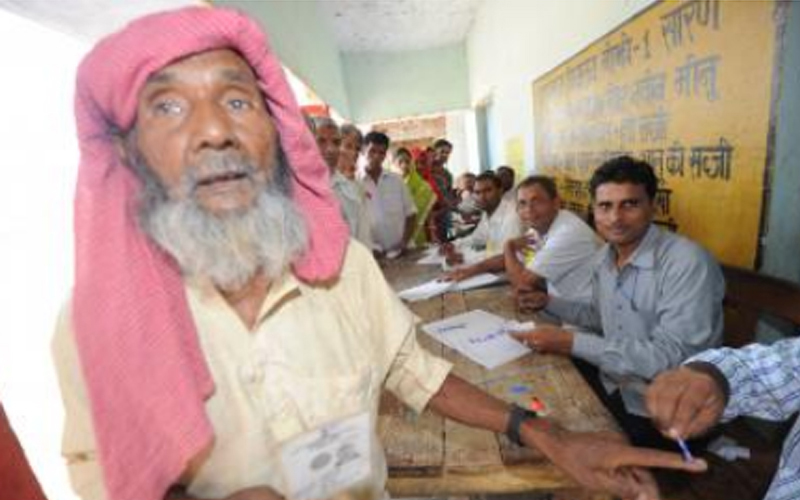NEW DELHI: The United States Commission on International Religious Freedom, or USCIRF described Assam’s Nationwide Register of Residents (NRC) an instrument to “target religious minorities and to render Muslims stateless”.
Following the exclusion of more than 19 lakh Assam residents, the USCIRF said a number of domestic and international organizations have expressed concern that the NRC is a “targeted mechanism to disenfranchise Assam’s Bengali Muslim community, implicitly establishing a religious requirement for citizenship and potentially rendering large numbers of Muslims stateless.”
The updated final list of National Register of Citizens (NRC) of Assam was released on August 31 and some 19,06,677 people have been excluded from the list, which names 3,11,21,004 people as Indian citizens.
A tool to target Indian Muslims
The USCIRF in Issue Brief: India released on Friday said the NRC “as a tool to target religious minorities and, in particular, to render Indian Muslims stateless has become one more example of the downward trend in religious freedom conditions within India.”
The NRC has immense significance for the people of Assam as the state witnessed a six-year-long movement between 1979 to 1985 seeking detection and deportation of illegal Bangladeshis.
Reflects BJP’s anti-Muslim bias
Prepared by policy analyst Harrison Akins, the USCIRF alleged that the ruling Bharatiya Janata Party government “has taken steps that reflect an anti-Muslim bias – core to its staunch support of the NRC update in Assam. The BJP has indicated its intent to create a “religious test” for Indian citizenship that would favor Hindus and selected religious minorities but exclude Muslims.”
Challenge for “impoverished families”
The Commission further said that for many “impoverished families” presenting the required documents was a challenge because of inadequate family record-keeping, illiteracy, or lack of money to travel to government offices and file legal claims.
“People were also kept off the list because of minor inconsistencies in paperwork, such as differences in the spelling of a name,” it added.

